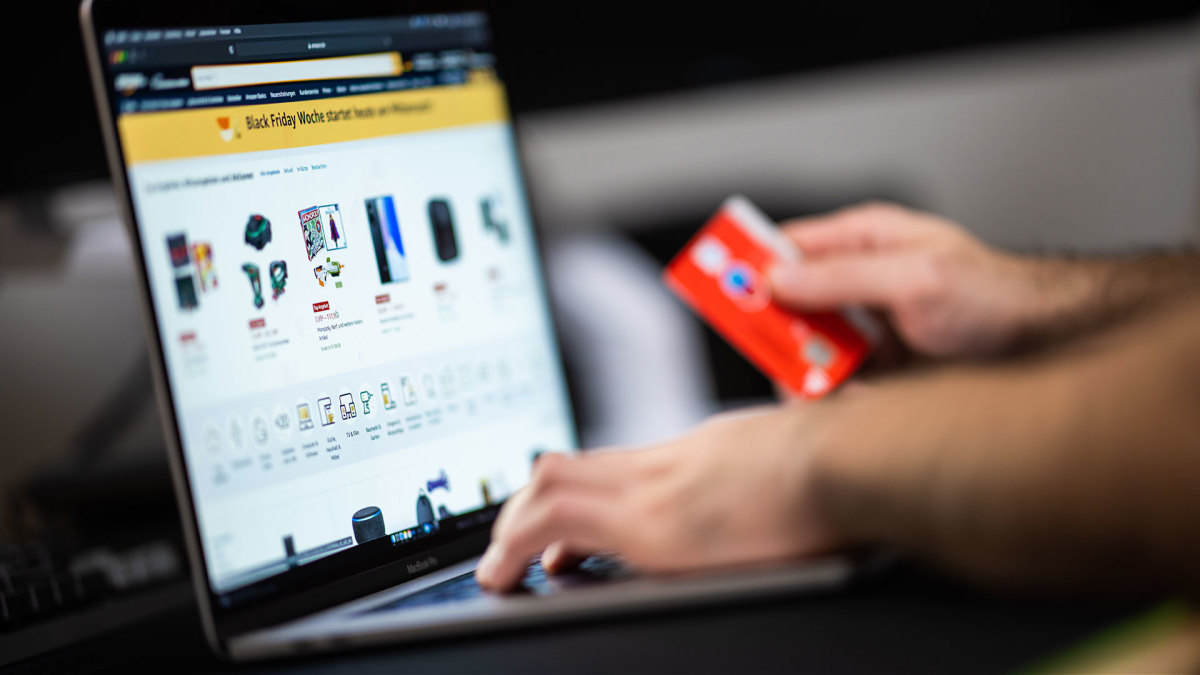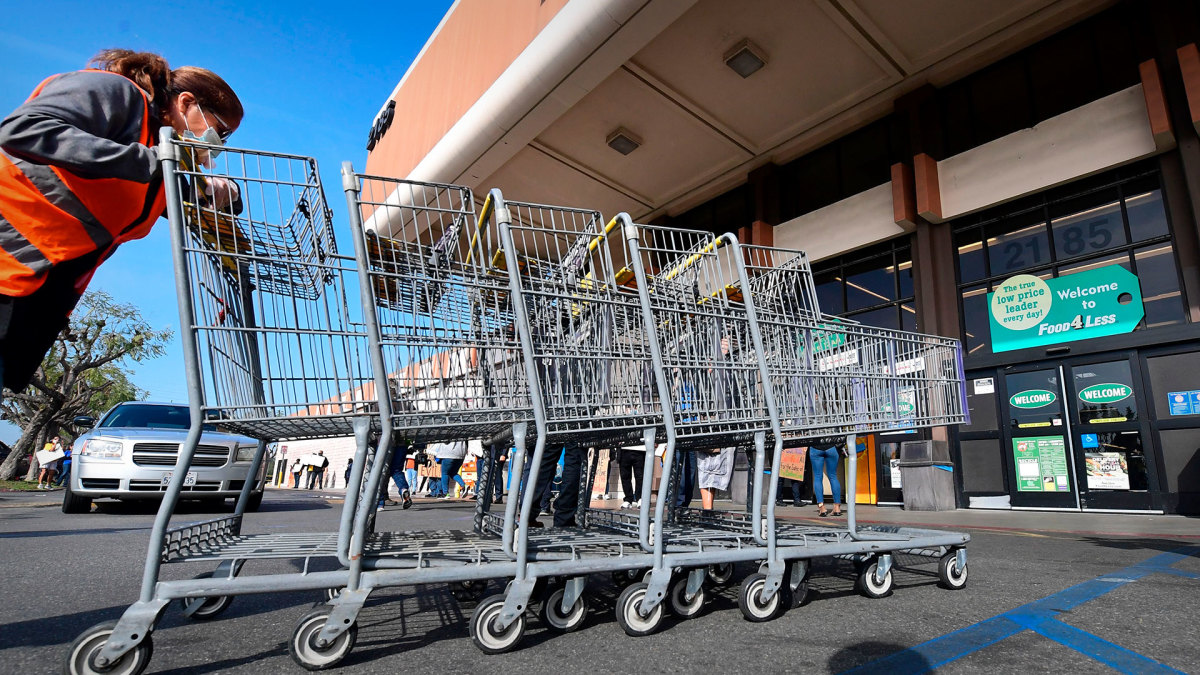
Amazon scaled back many of its brick-and-mortar ambitions last year. As the company laid off workers, it also gave up on its fashion and "5 Star" brick-and-mortar projects. Those cuts came not long after the company shut down its bookstores.
The retail giant, however, still has big dreams for its physical stores. Amazon (AMZN) -) still operates Whole Foods and has been slowly expanding its Amazon Go convenience stores while also licensing its "grab and go" technology to other retailers.
Related: Costco makes a major menu change at its food court
And while Whole Foods has a national presence, it's more of a niche brand. Amazon had tried to expand that offering to broader demographics with its Whole Foods 365 concept. That effort failed, however, and the company shut down those locations as well.
That left Amazon with two remaining grocery options. The first, physical Amazon Fresh stores, were meant to challenge traditional grocery chains like Kroger (KR) -) and Publix along with Target (TGT) -) and Walmart's (WMT) -) grocery sections.
Amazon has paused adding any new Amazon Fresh brick-and-mortar grocery stores, after originally planning a massive nationwide presence for the brand. The company has also quietly exited another effort to get customers to buy their groceries from Amazon, with a different spin on how that actually worked.

Image source: FREDERIC J. BROWN/AFP via Getty Images
Amazon and Kroger are trying to innovate
Kroger (KR) -) has been adding grocery delivery service in markets where it does not operate actual grocery stores. That's a cheaper way for the company to expand its footprint into new markets while leveraging its supply chain.
The grocery giant, which is trying to gain federal approval for its $24.6 billion merger with Albertsons (ACI) -) — can serve new customers from a distribution center without opening actual stores. In theory, that could lead to it making sense for the company to roll out brick-and-mortar locations once it has captured enough customers with its delivery service.
Amazon had been operating Amazon Fresh Pickup locations. These were literally spots where customers could pick up grocery items they ordered online or on Amazon.com. The company quietly shut down the last two of those pick-up-only locations in early 2022, GeekWire reported.
Launched in 2017, Amazon Fresh Pickup, was a disruptive attempt to change how people shopped for groceries with the expense of delivery.
Amazon made some hard brick-and-mortar choices
Amazon CEO Andy Jassy joined the company's fourth-quarter earnings call in Feb. 2022 to explain how the company's position on physical stores had changed. That was actually something his predecessor Jeff Bezos rarely did, generally leaving the quarterly briefings to the company's CFO.
Jassy, however, joined the call to make some comments about the company's spending cuts which hit its brick-and-mortar ambitions hard.
"I think when we look at some of our physical business investments, physical store investments, I think there were just some areas where we didn't have conviction that they were going to be big needle movers for Amazon. And so that's why we closed down our 4-Star stores," he said.
Jassy made it clear that the company wasn't abandoning its expansion efforts which include grocery stores.
"We decided to go slower on some, on the physical store expansion in the grocery space until we had a format that we really believed in rolling out," he added.
The CEO also shared the questions the company asks internally before agreeing to invest in a new area.
"We ask, if we were successful, could it really be big and move the needle at Amazon, which is a high bar at a place like Amazon? Do we think it's being well served today? Do we have a differentiated approach? And do we have some competence in those areas? And if we don't, can we acquire them quickly? And if we like the answers to those questions, we will invest," he said.
Despite a year in which the company faced significant struggles, Amazon's stock jumped 80.9% in 2023. Shares have fallen 4.4% to $145.24 to start 2024.







